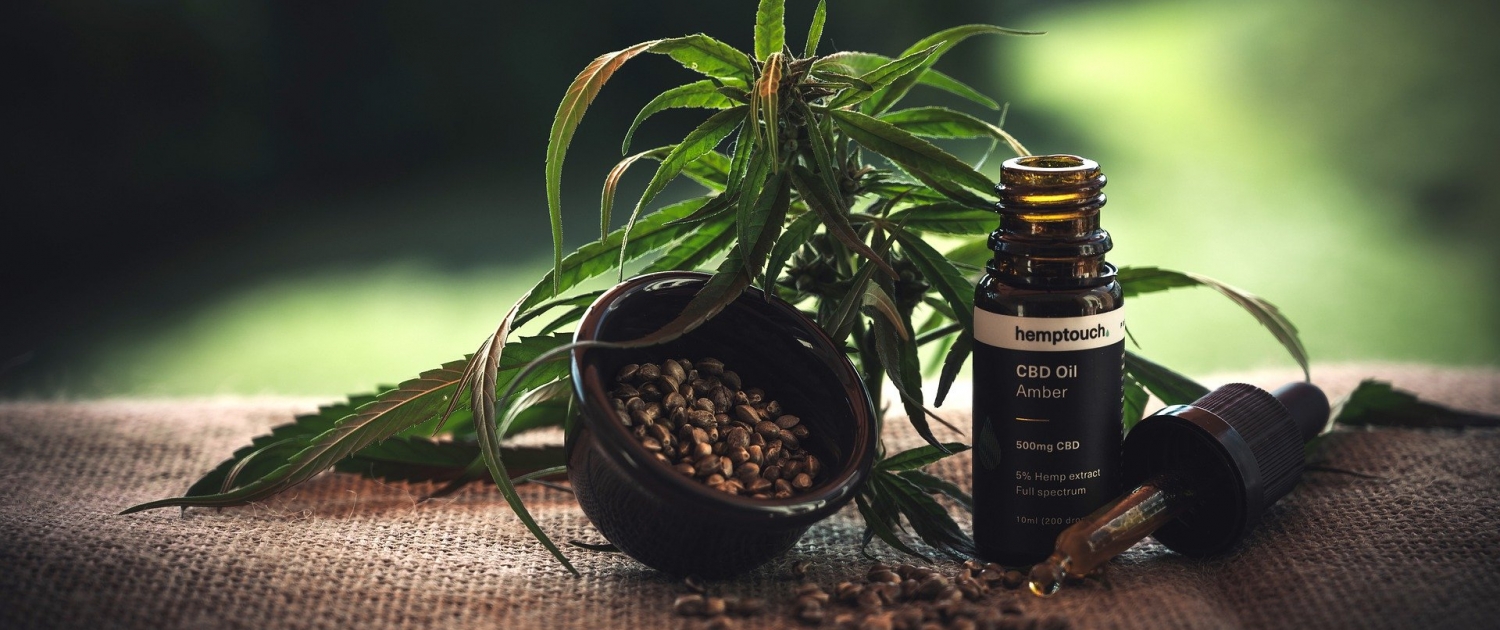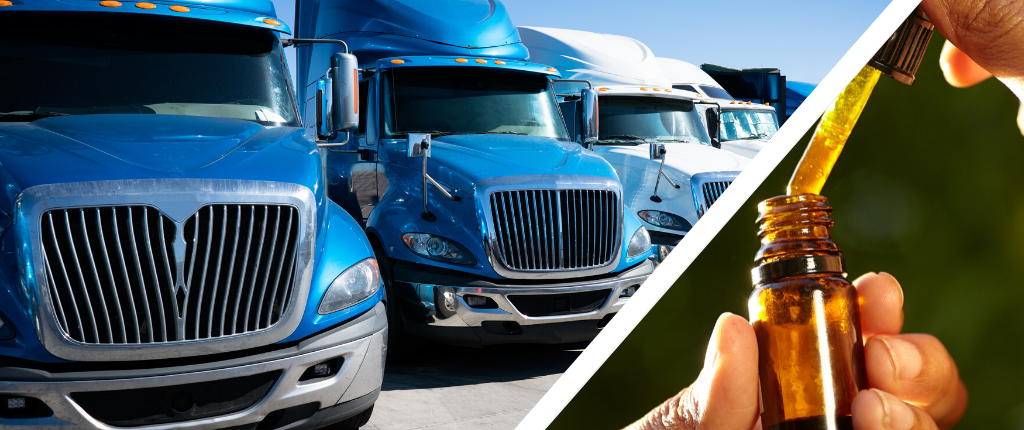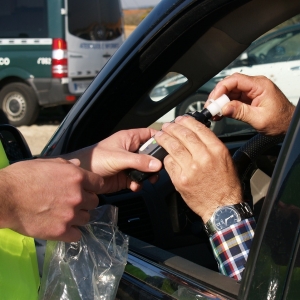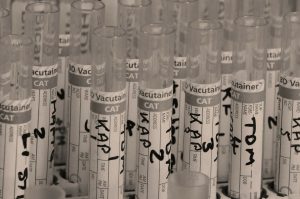
Over the past few years, there’s been a surge in the popularity of medicinal marijuana-related products, specifically CBD. Truck drivers may be thinking of turning to CBD oils and lotions for relief from aches and pains that come from the job, but they should know all the facts before they do.
The issue is that the legal waters surrounding the use of CBD are a bit murky. This is especially true for truck drivers as they need to not only think about the legality of it, but about drug screenings from employers and the new clearinghouse regulations as well.
So, you’re probably wondering, “can truck drivers use CBD?” The answer depends on if you think it’s worth the risk. But before you make your decision, here are 4 things you need to know first.
1. CBD products aren’t regulated by the FDA yet
 CBD (short for cannabidiol) is a compound found in cannabis plants like hemp and marijuana. There are over 113 such compounds in the cannabis plant, known as cannabinoids. The most well-known cannabinoids are CBD and THC (short for tetrahydrocannabinol).
CBD (short for cannabidiol) is a compound found in cannabis plants like hemp and marijuana. There are over 113 such compounds in the cannabis plant, known as cannabinoids. The most well-known cannabinoids are CBD and THC (short for tetrahydrocannabinol).
THC is the psychoactive agent in marijuana that is responsible for producing the sense of euphoria or high that people feel when using it. THC is also measured in drug tests and will lead to a positive result if detected. CBD on the other hand is a non-psychoactive compound—it won’t make you feel high, anxious, or bring redness to your eyes.
CBD is being researched and used for a variety of different medical purposes, and is said to help relieve anxiety, muscle and joint pain, depression, migraines, and other ailments common to truck drivers.
Despite these claims of health benefits, CBD products haven’t been regulated or approved by the Food and Drug Administration (FDA). As of right now, there is no consensus in the medical or regulatory community about the effects of CBD on the body, so it remains a gray area.
2. CBD may cause individuals to test positive on a drug screening
 There are many CBD derived products that are available for use on the market. For example, CBD oil is made by extracting the compound from either hemp or marijuana plants. These products of course contain CBD, but other things as well, including trace amounts of THC.
There are many CBD derived products that are available for use on the market. For example, CBD oil is made by extracting the compound from either hemp or marijuana plants. These products of course contain CBD, but other things as well, including trace amounts of THC.
Most states require that commercial CBD-derived products contain less than 0.3% THC. That’s such a small amount that it’s not going to have any psychoactive effect on your body or get you high. The bad news is that even a trace amount like that could be detected on a drug test.
Some CBD products claim to be “THC-free”, but it’s not clear whether this is actually the case since regulation on CBD products is so lax. In fact, many CBD products companies will state disclaimers like, “We cannot make any claims on whether or not any of our products will show up on a drug test. We are not legally able to make any recommendations or guarantees regarding drug tests on THC free or full spectrum products.”
Basically, this means “buyer beware” if you have a job like trucking, where you’re regularly tested for THC.
3. State laws differ on CBD products
 It’s important to remember that while marijuana and its derived products are becoming legalized in more and more states, it’s still illegal on the federal level. This means if you are drug tested using the federal drug testing panel and use CBD, it will be reported out as a positive drug test. The recent clearinghouse regulations mean that this test result data will be available to other employers in the trucking industry.
It’s important to remember that while marijuana and its derived products are becoming legalized in more and more states, it’s still illegal on the federal level. This means if you are drug tested using the federal drug testing panel and use CBD, it will be reported out as a positive drug test. The recent clearinghouse regulations mean that this test result data will be available to other employers in the trucking industry.
4. Bottom line for truck drivers
 So, what’s the bottom line for people wondering “can truck drivers use CBD?”
So, what’s the bottom line for people wondering “can truck drivers use CBD?”
While there’s a possibility that a truck driver could use CBD products for the rest of their trucking career and never have it show up on a drug test, it’s just not a risk worth taking. For whatever benefits CBD products are said to have, it’s not worth your career.
CBD lotions may be a better option than CBD oil, but even these can’t guarantee no trace amounts of THC. For those truck drivers hoping for pain relief, they may want to look elsewhere.
Of course, the situation surrounding CBD products is bound to change. Every year, more and more states choose to legalize marijuana (and CBD) outright, so it’s very possible that marijuana and marijuana products in all forms could be legalized federally within the next 10 years.
But drivers should remember that it’s not just the legality they need to worry about. If you drive for a private carrier, they can still choose to test for it, regardless of if it’s legal or not.
Looking for a new CDL Job?
Drive My Way matches you with a job based on your preferences like pay, home time, touch level, and more.







